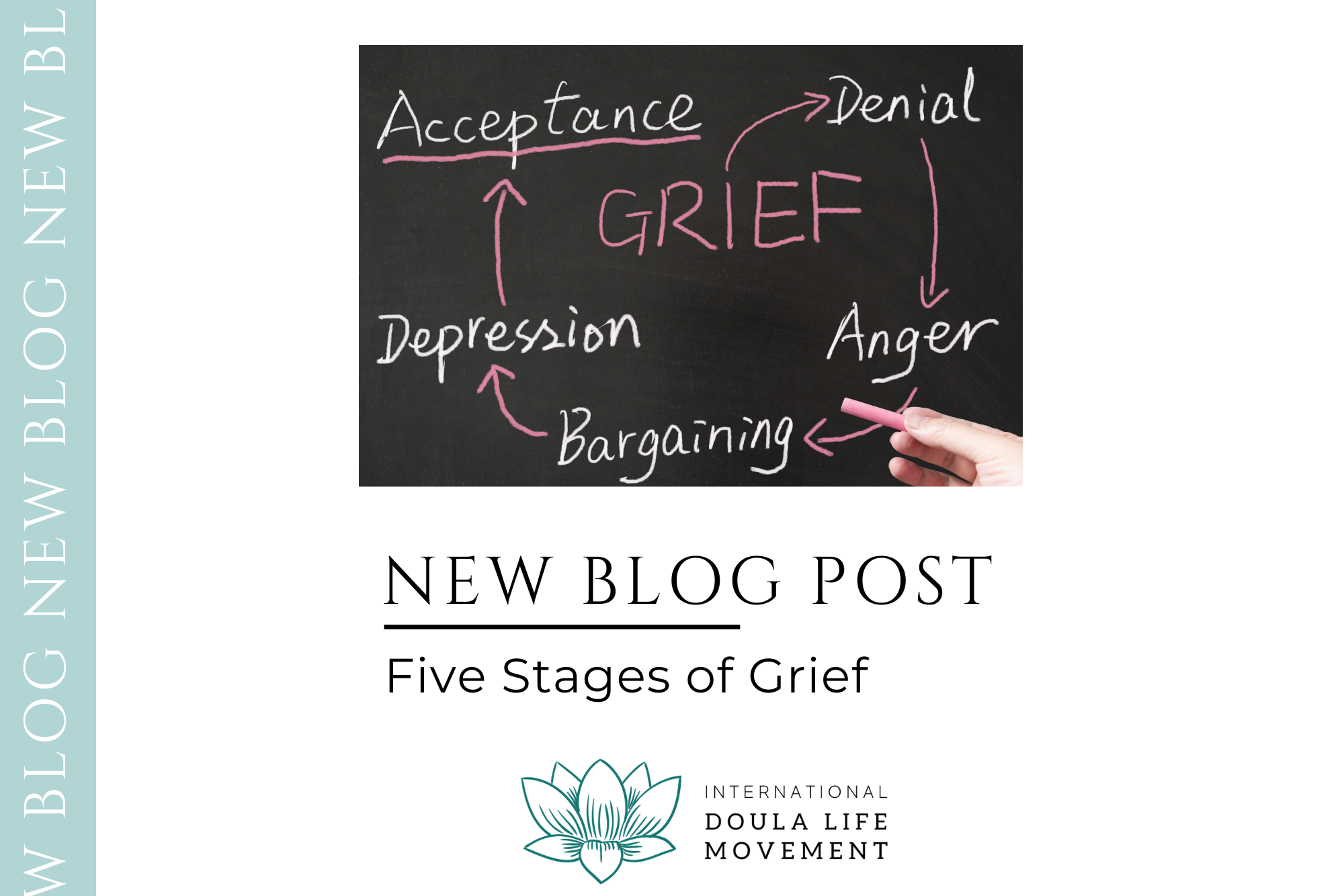In the 1960s, psychologist Elisabeth Kubler-Ross began a controversial project that would become her life’s work: she conducted a series of interviews with people who had been diagnosed with terminal illnesses, to ask them about their thoughts and feelings regarding their impending death.
Many people—including doctors—were unsupportive, and even resistant to the work Kubler-Ross wanted to do. They thought it was too depressing or macabre; they thought it would be upsetting to the patients and possibly even detrimental to their health, even though they were all people who were dying already. Kubler-Ross stood her ground. She thought that these people could provide valuable insight to psychologists and to society as a whole. She was careful to obtain consent from every person she interviewed, letting them lead the discussion, so they wouldn’t feel pressed to talk about subjects that made them feel uncomfortable and allowing them to pause or end their interviews at any time for any reason—whether they felt too tired to go on, or too upset, or simply felt that they would like some time to think for a while before talking anymore.
One thing that surprised even Kubler-Ross (but probably won’t surprise anyone working as a death doula) was that many of the people she approached were actually eager to speak with her. Many of them told her the same kinds of things we hear from clients now, six decades later:
“I know I’m dying, but nobody will say so.”
“I wish my family wouldn’t keep trying to pretend that nothing is wrong.”
“It’s such a relief to finally be able to talk about this.”
Over time, Kubler-Ross’s work gained a great deal of support, as psychologists and medical doctors began to realize the information she was gaining was tremendously valuable. In hindsight, this seems obvious—everyone dies eventually. People who work with the dying could only benefit from having a better understanding of the mental state of their patients, especially in an age before hospice, when regular doctors and nurses were nearly the only people who worked professionally with the dying.
Elisabeth Kubler-Ross would eventually define what we now know as the “Five Stages of Grief”: denial, anger, bargaining, depression, and acceptance. Her focus would expand beyond those who were dying themselves to include survivors and loved ones who would carry on and continue the grieving process after the dying person had passed. David Kessler, a protégé of Kubler-Ross, carried on her work and eventually added what he considers to be a sixth stage of grieving for people whose loved ones have died: Finding meaning in the loss.
Even if grief is not the primary focus of your doula work, it is crucial to be familiar with the Five Stages of Grief. (These days some grief specialists prefer to say “phases” or “aspects” of grief, because not everyone experiences them in the same order. Some people will skip one or more phases, others will cycle back and forth between two or more as they process their emotions about their loss.) For one thing, it gives a frame of reference for why the people we work with might not always be in the most rational frame of mind. You might even find yourself explaining the Five Stages of Grief to your clients, to help them understand what they are going through, that it’s normal, and that it takes time, and there’s nothing wrong with that.
In future blog posts we plan to spend time focusing on each individual aspect of grief—we could write an entire book about each one, and people have! In the meantime, hopefully this overview can at the very least help us all keep in mind that talking about death and grief almost always helps more than it hurts, and making space for people to open up about these heavy topics can go far to lighten the load.






